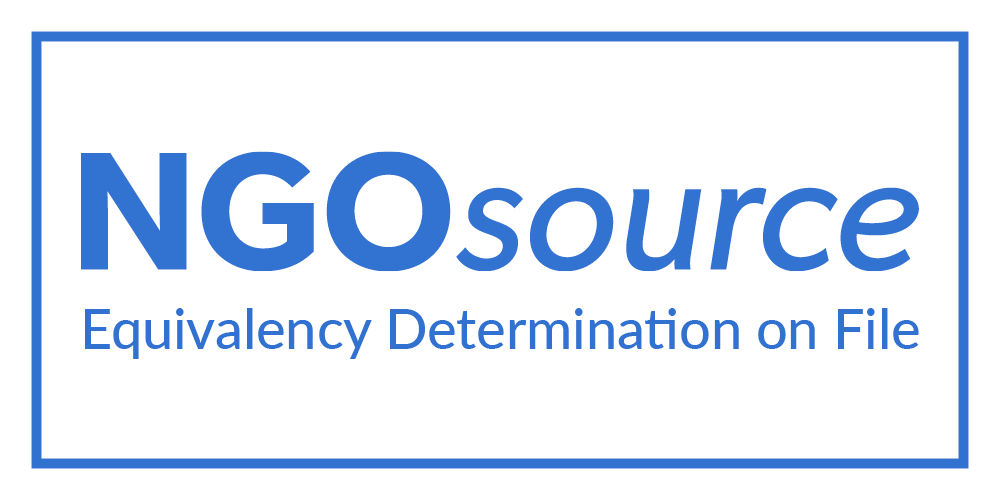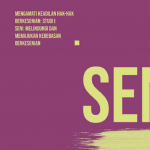Jakarta – Music group Efek Rumah Kaca collaborated with visual artists Ika Vantiani and Naomi Cassyane to demand artistic freedom. This initiative came from The Indonesian Art Coalition (Koalisi Seni), which actively encourages the improvement of artistic freedom in Indonesia.
In this joint campaign, the song “Jalang (bitch)” created by Efek Rumah Kaca was responded to by Ika and Naomi by creating collages printed in a number of exclusive t-shirts, bags, and masks. The products can be ordered at tokopedia.com/tokokoalisiseni from August 17, 2021 to September 17, 2021. This fundraising will support the advocacy work of Koalisi Seni, and 2.5% of profit will be donated to artists affected by the pandemic through social platform Bagirata.id.
“Our song ‘Jalang’ was composed in 2006 to protest the Anti-Pornography and Pornoaction Bill, which encourages artistic and cultural censorship and restrictions based on the interpretation of one particular group. It turns out that this protest is still relevant in 2021 because the barriers to artistic freedom are even stronger,” said Cholil Mahmud, vocalist of Efek Rumah Kaca, on August 16, 2021.
Cholil, who is also a member of Koalisi Seni, sings in the song “Jalang”: “Who dares to sing / will be castrated later / Who dares to dance / will be executed / Because they are the most sacred / Then they say we are bitches / Because we have different missions / then they said we were bitches.”
According to Ika Vantiani, the biggest challenges for artistic freedom are regulations and public opinion which limit creativity. “Now it seems like we are being monitored, it hinders our work process. Even the artists sometimes censor their own works because we are afraid of being caught or being judged in social media,” said Ika, who is also a member of Koalisi Seni.
Responding to the song “Jalang”, Ika and Naomi use the concept of the panopticon, a.k.a the all-seeing eye, or the way power “disciplines” society. The art seems to be seen as a “bitch” thing, which has the potential to violate morals and must be monitored. The Criminal Code, the Information and Electronic Transaction Law, Cyber Police, bullies and buzzers can threaten the freedom of expression of everyone, including art workers, in real and virtual worlds. Meanwhile, visual scissors are also included as a censor symbol.
This collage symbolises that art is in danger of no longer enlightening and opening the eyes of the heart and mind, because it is imprisoned by the feeling of being watched.
View this post on Instagram
Freedom of expression is one of the six rights included in artistic freedom. The other five are the right to unionise, the right to move freely, the right to adequate income, the socio-economic rights and the right to access art. If the right to freedom of art is fulfilled, the impact will also be felt by the community.
So far, there has been no systematic effort to uphold artistic freedom in Indonesia, even though it is part of the Universal Declaration of Human Rights and the International Covenant on Civil and Political Rights, which have been ratified by the Government.
“Many of us don’t even know about artistic freedom and why it is important. We initiated this collaboration so that more people know about the importance of artistic freedom and act together to support it,” said Chairman of Koalisi Seni Kusen Alipah Hadi.
In November 2020, the Art Coalition launched a literature study on artistic freedom in Indonesia. This study finds that the spirit of reform has sharpened the politics of identity, which is often used as a tool for the state to control its citizens. The spirit of freedom of expression that emerged in the reform era actually gave birth to a new authoritarianism through a legitimate process. To read the study and understand more about freedom of art, please refer to the information available at koalisiseni.or.id/advokasi/kebebasan-bersenian/.
Translation by Moyang Kasih Dewimerdeka




